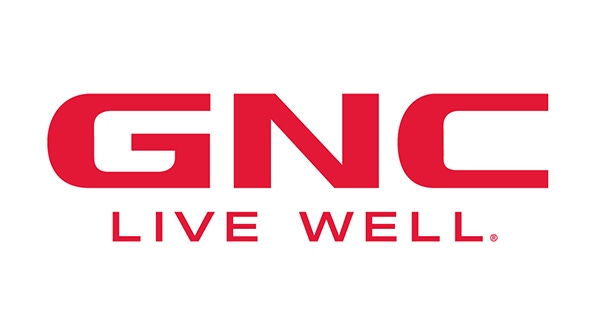
Increasing brand partnerships and growing product assortment are driving category sales increases for GNC, but the efforts were not enough to lift first quarter results.
“Although we experienced positive sales trends across parts of our business, these trends were more than offset by challenges in the vitamin business, driven by the decline in Vitapak sales and pricing pressure created by our clearing of expiring product, which impacted both sales and margin during the quarter,” CEO Mike Archbold said via press release.
First-quarter 2016 results include:
Consolidated revenue: $668.9 million, a decrease of 1.8 percent compared with $681.3 million in first quarter 2015.
Manufacturing/wholesale revenue: Excluding intersegment sales, this segment grew 3.5 percent.
Retail and franchise revenue: Decreased 1.5 percent and 5.6 percent, respectively.
Same-store sales: Fell 2.6 percent in domestic company-owned stores (including GNC.com sales). In domestic franchise locations, same-store sales decreased 5.6 percent.
Net income: $50.8 million, a decrease of 23 percent compared with adjusted net income of $66.0 million in Q1 2015.
Adjusted diluted earnings: 69 cents per share, compared with 75 cents in first quarter 2015.
“While we are making progress on our strategic evolution which we started in 2014, the turnaround is taking longer than expected and the progress is insufficient,” Archbold said. “Our number one priority is our vitamin business and the steps we need to take to grow same-store sales in this category through new promotions and a renewed marketing focus. In addition, we are reducing the significance of aged inventory, optimizing our assortment and training store associates to emphasize the vitamin solution to our customers.”
Product assortment changes including bringing in supplement brands such as Nordic Naturals, SmartyPants, Performix SST and Olly helped company-owned stores outperform franchisee outlets, Archbold noted. GNC leaders hope incentives such as discounts, return privileges, invoice dating will incentivize franchise owners who have not been quick to adopt new initiatives.
“We are clear-eyed about our challenges, but we are in this for the long haul,” Archbold said, referring to GNC's "reinvention plan" that includes assortment changes, promotion plans, reducing the number of corporate-owned stores and working on supplement industry standards.
Franchise’s future
Even with this challenge, GNC remains committed to its refranchising strategy, with the conversion of 1,000 company-owned stores to franchisees over the next three to four years. It will also move about 200 stores to an “asset light” model this year.
The company recently sold 84 corporate stores in Texas to Sun Holdings, a franchisee recognized as a top 10 in the nation with its more than 600 locations for franchises including Burger King, Popeye’s, Golden Corral, CiCi’s Pizza, Krispy Kreme and T. Mobile.
The sale is expected to result in a second-quarter pre-tax gain of approximately $17 million.
About the Author(s)
You May Also Like
.png?width=700&auto=webp&quality=80&disable=upscale)




